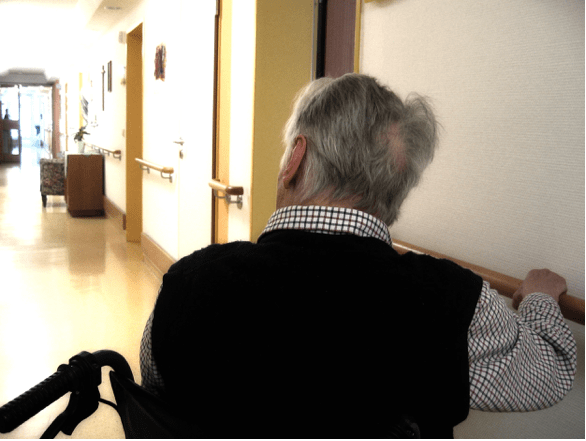Whether it is someone you know or not, it is important to empathize with the elderly who live in nursing homes and understand that they are in a uniquely vulnerable position. These people are in need of assistant at all times, not just with their health problems but also with the daily activities they go through every day that they would have been able to do for themselves when they were younger.
It’s important to know what the legal situation is for nursing homes and what they are allowed and not allowed to do from a legal perspective. There are many state and federal laws that safeguard the interests of seniors in the care of nursing homes. We compiled a list of rights and laws spelled out by Medicare, according to The National Association of Nursing Home Attorneys. You should note that these rules only apply to what are known as skilled nursing facilities. Medicare defines these as special facilities or parts of hospitals that provide professional medical services from physical and occupational therapists, nurses, audiologists, and speech pathologists. These rules do not hold for retirement homes or assisted living facilities.
Discrimination
 The first point to note is that nursing homes are not allowed to discriminate based on such things as sex, age, religion, color, race or any other characteristic that is considered protected by the law. If you feel like the nursing home is discriminating you or a loved one on this basis, then you should report them to your local state’s nursing home regulation agency as well as your long-term care ombudsman. The nursing home is required to state in writing the services it will provide as well as the fees it will charge.
The first point to note is that nursing homes are not allowed to discriminate based on such things as sex, age, religion, color, race or any other characteristic that is considered protected by the law. If you feel like the nursing home is discriminating you or a loved one on this basis, then you should report them to your local state’s nursing home regulation agency as well as your long-term care ombudsman. The nursing home is required to state in writing the services it will provide as well as the fees it will charge.
Finances
Nursing homes are allowed to offer to manage the personal funds of a nursing home resident as part of their services. However, they are not allowed to make it a requirement of joining the nursing home. They are also not allowed to do it without the written consent of the resident. Even in the event that consent is given by the resident, the nursing home is required to provide financial statements on a quarterly basis and should not prevent the residents from accessing their cash, bank accounts or financial documents. Also, if the resident deposits anything of $50 or more into a managed account, they are entitled to interest from that account.
Right to Humane Treatment
The federal law protects you or a loved one by giving you the right to humane treatment. Nursing home residents should be treated with respect and dignity. That means you should be able to decide when you go to sleep, when you get up, when you eat your meals and what you do in the course of the day. The caregivers at the facility are not allowed to physically or verbally abuse you, and they shouldn’t give you drugs that aren’t part of your care plan. They also shouldn’t physically restrain you unless you pose a danger to yourself and others. You shouldn’t be involuntarily isolated from other residents, and your property should not be taken or used by staff members, visitors or other residents.
It is important to understand your rights when you enter a nursing home so that none of them are denied you. If you feel like you may need an experienced voice to speak for you, consider enlisting the services of a nursing home attorney.
The Editorial Team at Healthcare Business Today is made up of skilled healthcare writers and experts, led by our managing editor, Daniel Casciato, who has over 25 years of experience in healthcare writing. Since 1998, we have produced compelling and informative content for numerous publications, establishing ourselves as a trusted resource for health and wellness information. We offer readers access to fresh health, medicine, science, and technology developments and the latest in patient news, emphasizing how these developments affect our lives.










